in the face of marine litter
the oceanographic institute mobilizes
- Home
- Intervenants-FDM
- The waste
Every year, the equivalent of 9 million tons of plastic ends up in the ocean, nearly 80% of which comes from the land (mainly via waterways).
Half of the plastic produced worldwide is used for single-use items, which are thrown away as soon as they are used.
Plastic never decomposes but disintegrates: under the effect of sea water and sunlight, the waste breaks up into pieces of to microscopic sizes, which spread to the four corners of the ocean that spread to the four corners of the ocean, even in the most remote places.
In all the world’s ocean basins, thearine currents form huge concentrations, as they do in the trough of an eddy, called gyres. Floating waste is accumulated there by the gyratory force, the famous “plastic continents” observed by sailors. If the term strikes the minds notably by the ratio of scale that it evokes, it is not very appropriate insofar as one cannot of course walk on it… one must rather imagine a “plastic soup”!
The Mediterranean is one of the seas most affected by plastic pollution. ½ million tons of plastic is dumped there every year (the equivalent of 33,800 plastic bottles every minute). If nothing is done, this figure will continue to rise sharply as plastic waste production in the region is expected to quadruple by 2050.
For many years, the Institute has been working on this issue and offers you here a zoom on our most recent actions on this worrying theme.
Encouraging recycling policies, developing a more circular economy, encouraging waste sorting, limiting waste production: these are all avenues that we know are effective.
S
.H.S.H. Prince
Albert II
of Monaco
Monaco, 11 March 2015
International Conference on Plastic in the Mediterranean
The Institute of Oceanography takes action against waste
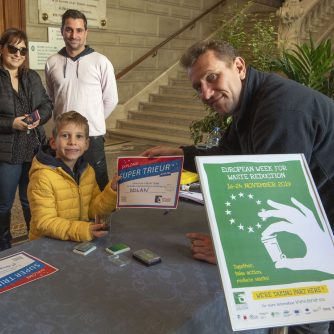
European Week for Waste Reduction
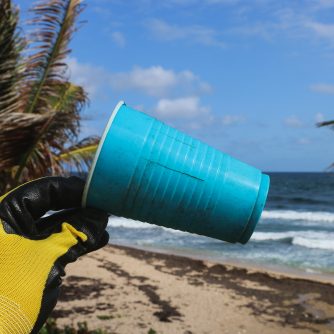
Commitment to Turtles – Waste Tracker
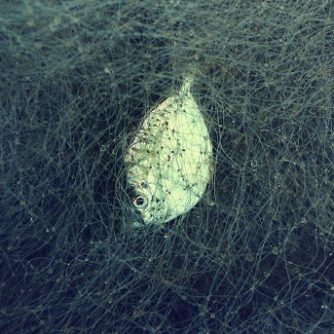
Consuming less and consuming better
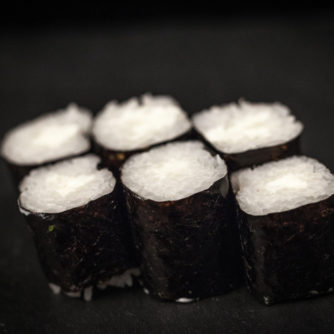
2048, the end of sushi
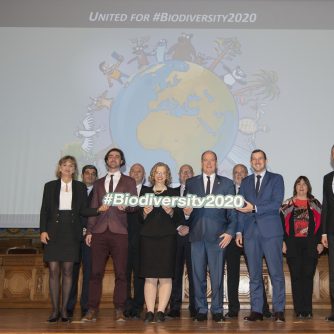
European Commission launches global coalition for biodiversity
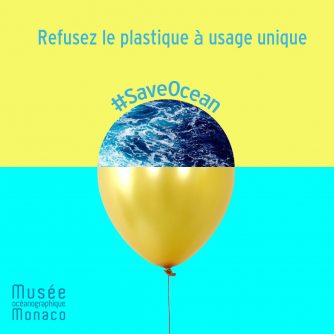
Balloon Release Act
Raising awareness of sea turtles

Party without balloons
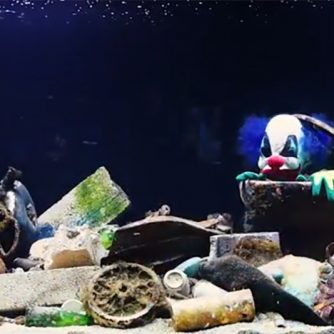
The world’s aquariums mobilize against marine pollution
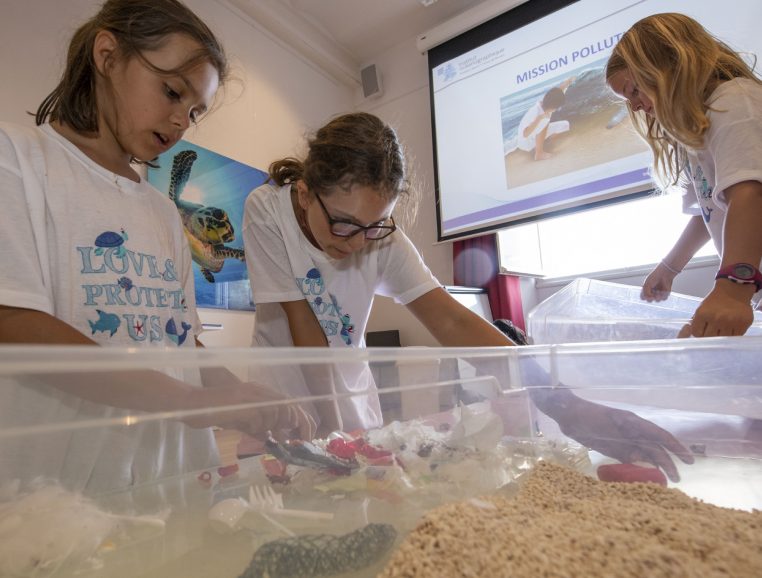
Educational workshop
"stop pollution"
Understanding the problem of plastic pollution in the ocean is the main objective of this workshop. Where does this material come from? Why does man continue to use it? What is its environmental impact on marine species and their ecosystems, but also on humans? In small groups and thanks to various interactive aids, the students answer these questions, analyse their own lifestyle and discover together the existing solutions to fight against this real plague. Finally, these young citizens leave with concrete actions and proposals to reduce their waste and protect our common good: the Ocean.
Stand "The Party without balloons".
The “Balloon Free Party” initiative aims to raise awareness of the impact that balloon releases have on marine life and to collect ideas and proposals for alternatives to be used during the parties.
The Animation Service has designed the educational material aimed at raising public awareness of the balloon release and manages, in collaboration with Pierre Gilles, the Facebook group linked to the initiative, as well as the email address to collect ideas for alternatives to balloon releases.
During the year 2019 the Service Animations animated, in collaboration with the volunteers of the Association of the Friends of the Museum, the stand “Feast without balloons” during various events:
– Museum Day (April 27, 2019)
– Monacology (June 11-14, 2019)
– Fête de la Mer at the Yacht Club de Monaco (29 June 2019)
– World Freediving Championship in Villefranche sur Mer (from 06 to 14 September 2019)
– Sea-Plastic event – Maison des Océans Paris (November 18, 2019)
– Waste Reduction Week in Monaco (16 November 2019)
Without the decisive contribution of scientists, without their tireless work of collecting and analysing information, without their willingness to identify the mechanisms of plastic accumulation and the means to remedy it, we would not be able to act. That is why their contribution must be encouraged and why my country and my Foundation have chosen to host and support several scientific initiatives for the knowledge and preservation of the seas.
S
.H.S.H. Prince
Albert II
of Monaco
Monaco, 11 March 2015
International Conference on Plastic in the Mediterranean






